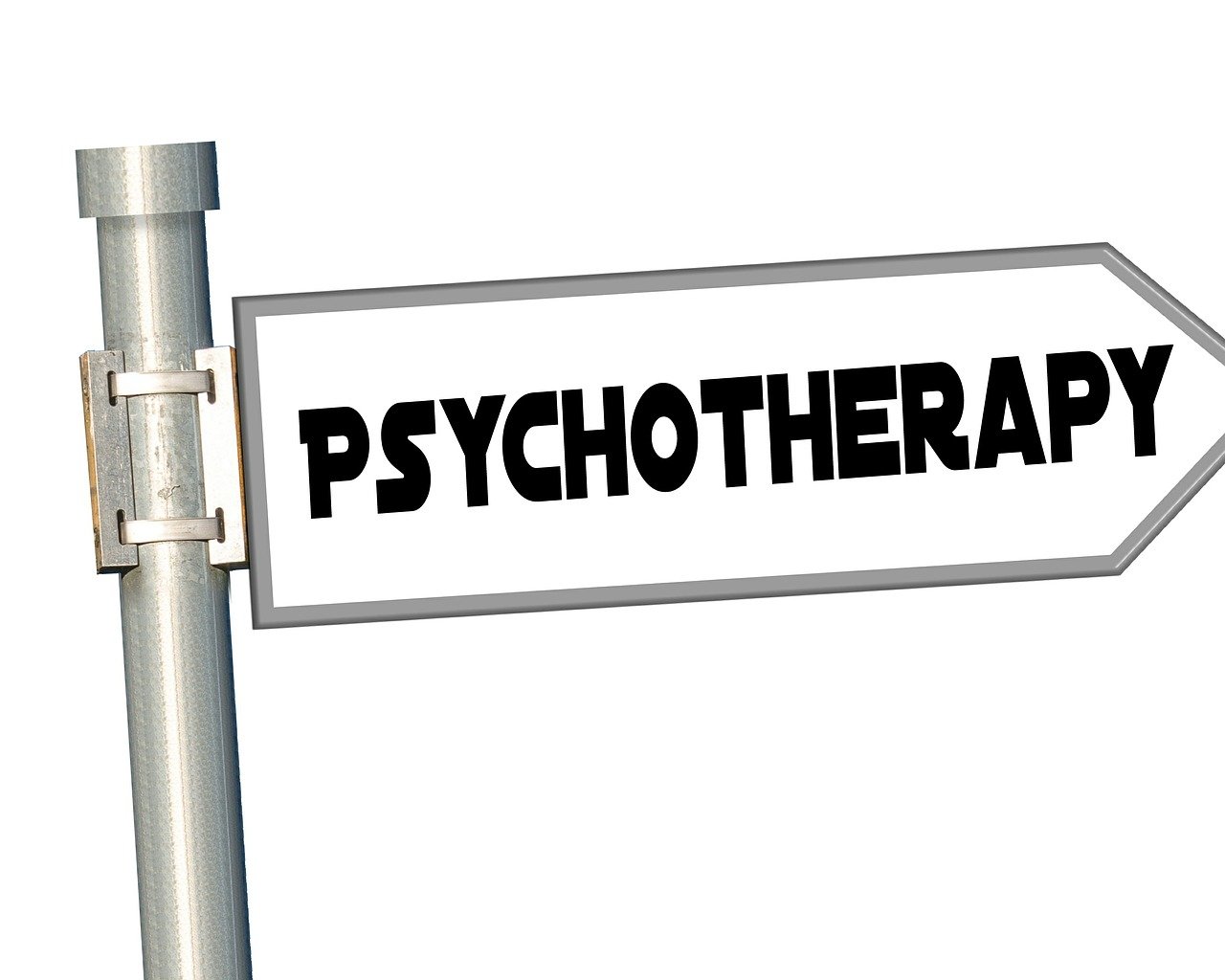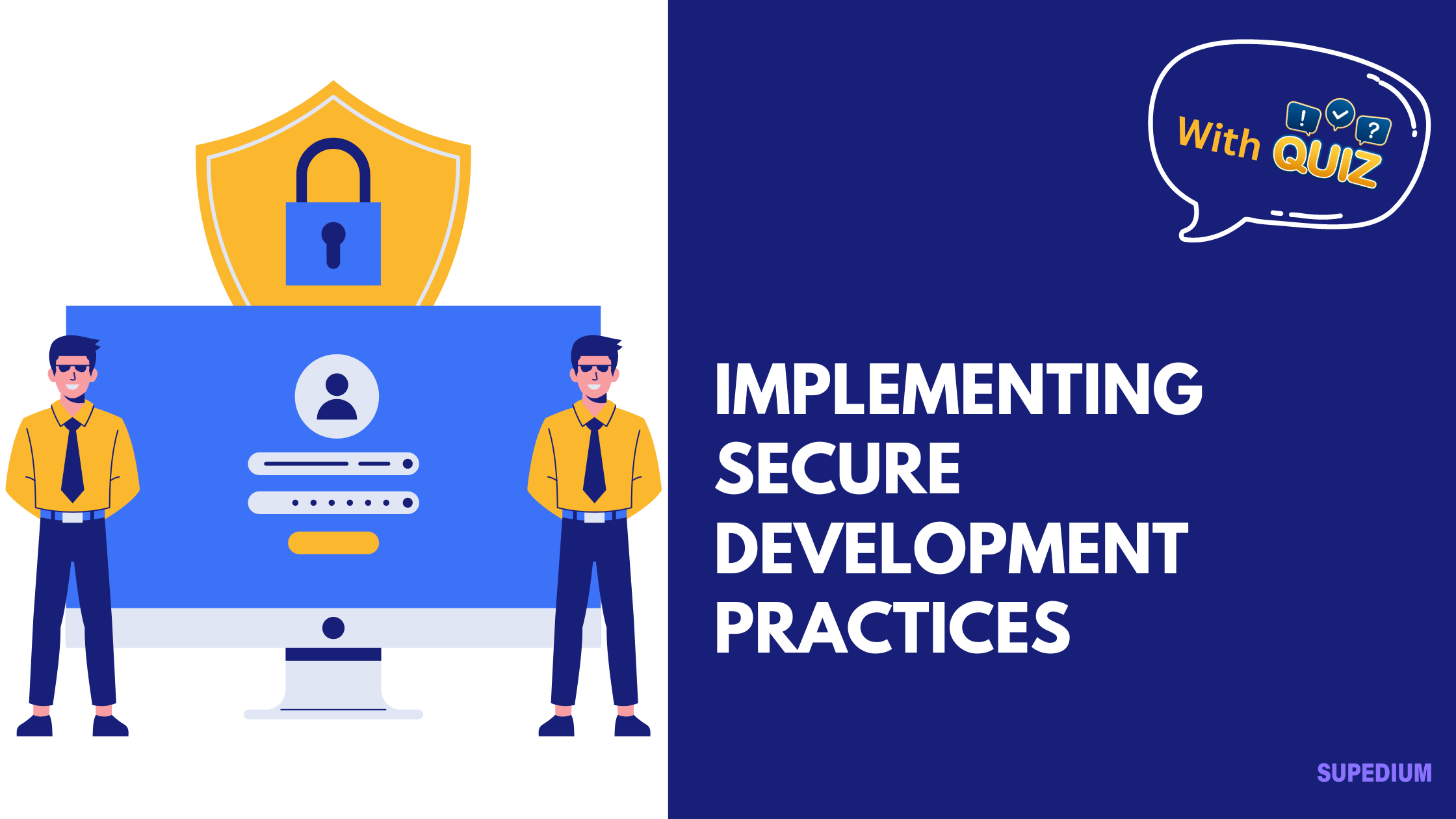Table of Contents
![]()
When addressing mental health conditions, two primary treatment approaches often come into play: psychotherapy and medication. Each has distinct characteristics, benefits, and limitations, and the choice between them—or the decision to combine them—depends on various factors including the nature of the condition, patient preferences, and treatment goals. This article explores the key aspects of psychotherapy and medication, offering a detailed comparison to help understand how these treatments can be used effectively.
Psychotherapy
Types of Psychotherapy
- Cognitive Behavioral Therapy (CBT) CBT is a widely practiced form of psychotherapy that focuses on altering negative thought patterns and behaviors. It helps individuals identify and challenge irrational or maladaptive thoughts and replace them with healthier ones. This method is effective for treating conditions such as depression, anxiety disorders, and PTSD.
- Psychodynamic Therapy Rooted in Freudian theory, psychodynamic therapy delves into unconscious processes and past experiences that influence current behavior. It aims to increase self-awareness and understand the influence of the past on present behavior, making it beneficial for individuals with deep-seated emotional issues.
- Humanistic Therapy This approach emphasizes personal growth and self-actualization. Humanistic therapy encourages individuals to realize their potential and focuses on the present rather than the past. Techniques include client-centered therapy, where the therapist provides a supportive and non-judgmental environment.
- Interpersonal Therapy (IPT) IPT focuses on improving interpersonal relationships and communication skills. It is particularly effective for treating depression and anxiety, as it addresses issues related to social interactions and life transitions.
- Dialectical Behavior Therapy (DBT) DBT combines cognitive-behavioral techniques with mindfulness strategies. It is designed to help individuals manage intense emotions and improve interpersonal relationships. DBT is often used for conditions like borderline personality disorder and self-harm.
Benefits of Psychotherapy
- Long-term Skills and Strategies Psychotherapy provides individuals with tools and strategies to manage their mental health issues long-term. It fosters personal growth and self-understanding, which can lead to sustained improvements in mental well-being.
- Insight and Self-Awareness Through exploration and reflection, psychotherapy helps individuals gain insight into their behavior and emotions. This increased self-awareness can facilitate personal development and better coping mechanisms.
- No Side Effects Unlike medication, psychotherapy does not involve physical side effects. This makes it a preferable option for individuals who may be sensitive to the adverse effects of drugs.
Limitations of Psychotherapy
- Time and Commitment Psychotherapy often requires a significant time commitment and regular sessions over a prolonged period. This can be a challenge for some individuals, particularly those with busy schedules or financial constraints.
- Variable Effectiveness The effectiveness of psychotherapy can vary depending on the individual and the therapeutic relationship. Some people may find it challenging to connect with their therapist or may not experience significant improvement.
- Not Always Sufficient for Severe Conditions For severe mental health conditions, psychotherapy alone may not be adequate. In such cases, medication or a combination of treatments might be necessary for effective management.
Medication
Types of Psychiatric Medications
- Antidepressants Antidepressants, such as SSRIs (Selective Serotonin Reuptake Inhibitors) and SNRIs (Serotonin-Norepinephrine Reuptake Inhibitors), are commonly used to treat depression and anxiety disorders. They work by altering neurotransmitter levels in the brain to improve mood and emotional stability.
- Antianxiety Medications These include benzodiazepines, which provide short-term relief from anxiety symptoms, and non-benzodiazepine anxiolytics, which are used for longer-term management. While effective, benzodiazepines can lead to dependency and have potential withdrawal issues.
- Antipsychotics Antipsychotic medications are used to manage symptoms of psychosis, such as delusions and hallucinations. There are typical (first-generation) and atypical (second-generation) antipsychotics, with the latter generally having fewer side effects.
- Mood Stabilizers Mood stabilizers, such as lithium and certain anticonvulsants, are primarily used for bipolar disorder to stabilize mood swings and prevent manic and depressive episodes.
- Stimulants Stimulants are prescribed for conditions like ADHD and narcolepsy. They work by increasing levels of certain neurotransmitters to improve focus and reduce hyperactivity.
Benefits of Medication
- Rapid Symptom Relief Medication can provide quick relief from symptoms, making it a valuable option for individuals experiencing severe distress or dysfunction.
- Management of Severe Conditions For some mental health conditions, such as schizophrenia or bipolar disorder, medication is often essential for managing symptoms and preventing relapse.
- Accessibility Medications are relatively easy to access and can be prescribed by primary care physicians, making them a convenient option for many individuals.
Limitations of Medication
- Side Effects Psychiatric medications can have various side effects, ranging from mild (e.g., weight gain, drowsiness) to severe (e.g., movement disorders, metabolic issues). Managing these side effects can be challenging.
- Dependency and Withdrawal Some medications, particularly benzodiazepines, can lead to physical dependence or withdrawal symptoms, complicating long-term use.
- Does Not Address Underlying Issues While medications can manage symptoms, they often do not address the underlying psychological or emotional issues. For comprehensive treatment, therapy might still be necessary.
Comparative Analysis
Effectiveness
Certain conditions may respond better to psychotherapy, while others may require medication or a combination of both. For example, psychotherapy is highly effective for treating conditions such as depression, anxiety, and PTSD by addressing cognitive and emotional processes. In contrast, medication is often crucial for severe mental health disorders like schizophrenia or bipolar disorder, where immediate symptom management is essential.
Integration of Both Approaches
Combining psychotherapy and medication can offer a holistic approach to treatment. Medications can stabilize symptoms enough to allow individuals to engage more effectively in therapy. Conversely, psychotherapy can provide coping strategies and insights that enhance the overall effectiveness of medication. Research supports the benefits of integrated treatment plans, particularly for complex or severe mental health conditions.
Personal Preferences and Practical Considerations
Choosing between psychotherapy and medication—or deciding to use both—depends on personal preferences, practical considerations, and specific treatment needs. Factors such as accessibility, cost, and individual responses to treatment play a significant role in this decision. Engaging in a collaborative decision-making process with healthcare providers ensures that the chosen treatment aligns with the individual’s needs and circumstances.
Conclusion
In the realm of mental health treatment, both psychotherapy and medication offer valuable benefits and come with their own set of limitations. Psychotherapy provides long-term skills and self-awareness without the risk of physical side effects, while medication offers rapid symptom relief and is essential for managing severe conditions. The choice between psychotherapy and medication, or the decision to use them in combination, should be guided by individual needs, treatment goals, and professional advice. As mental health treatments continue to evolve, ongoing research and personalized approaches will enhance our understanding and effectiveness of these crucial interventions.
Share This





Be the first to comment